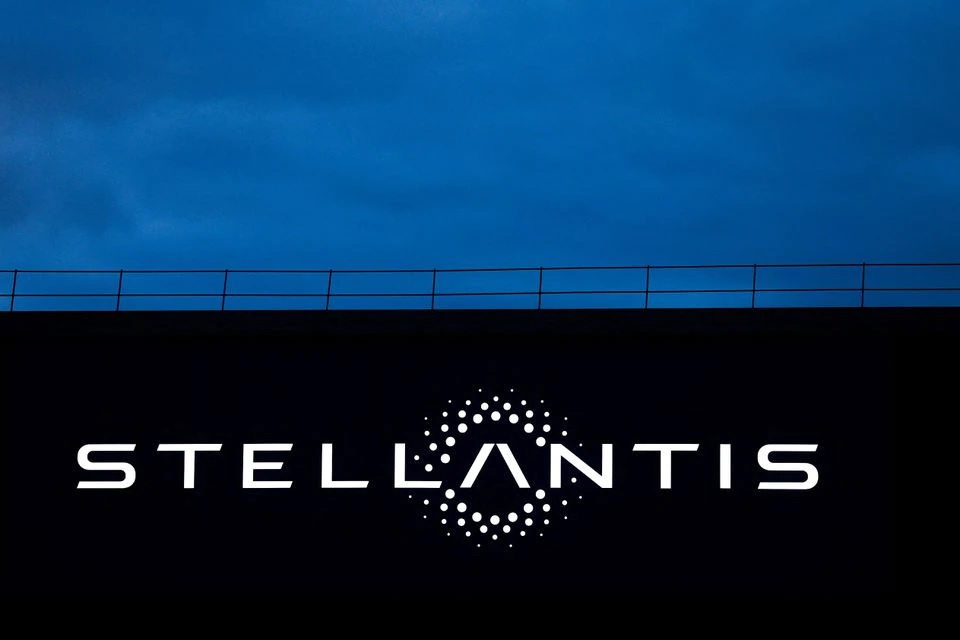July 5 (Reuters) – Stellantis-LG Energy Solution (LGES) (STLAM.MI) will resume construction of an electric-vehicle battery plant in Canada after the federal government and province of Ontario increased subsidies for the C$5 billion ($3.7 billion) project.
The companies said on Wednesday battery production at the plant in the city of Windsor in Ontario was now set to begin in 2024, creating some 2,500 new jobs and targeting annual production capacity over 45 gigawatt hours.
They had halted construction at the plant across the river from Detroit, where Stellantis has U.S. operations, in May demanding that Canada match support that was available in the United States under the Inflation Reduction Act (IRA).
Stellantis and LGES first announced their battery plant investment in March last year, but tensions emerged a few months later in August when the U.S. passed the IRA, which includes a massive package of clean-tech incentives for companies.
“We are pleased that the Federal government with the support of the Provincial government came back and met their commitment of leveling the playing field with the IRA,” Stellantis Chief Operating Officer for North America Mark Stewart said in a statement.
No financial details were given.
“This agreement is good for workers and it is good for Canada,” Industry Minister Francois-Philippe Champagne and Finance Minister Chrystia Freeland said in a joint statement.
“It will create and secure thousands of jobs – both in the auto sector and in related industries across Canada – and will further solidify Canada’s place as a leader in the global electric vehicle supply chain,” they said. In April, Canada agreed to provide up to C$13 billion in manufacturing tax credits and a C$700 million grant to lure German automaker Volkswagen AG to build its North American battery plant in the country. It was the biggest single investment ever in Canada’s EV supply chain. Canada, home to a large mining sector for minerals including lithium, nickel and cobalt, is trying to woo companies involved in all levels of the EV supply chain via a multibillion-dollar green technology fund as the world seeks to cut carbon emissions.











